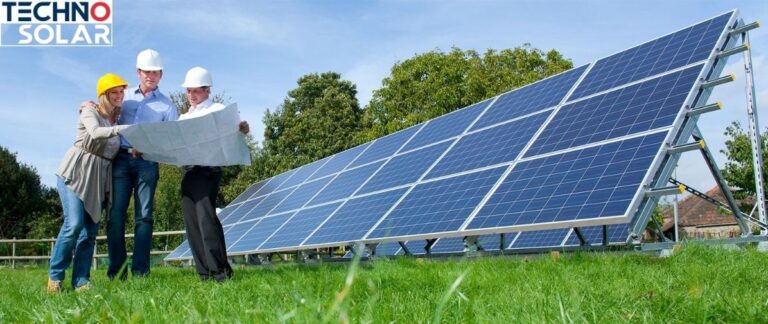Residential solar systems can be a great investment for many homeowners, and for a good reason. In addition to saving money on your energy bills, you also get the satisfaction of knowing that you’re positively impacting the environment.
The benefits of installing residential solar Melbourne in your home are numerous. You can use the energy from the sun to power your home, and you’ll save money on utility bills in the long run. But there are also many other things that will change for you after installing a residential solar system. Here’s what happens after you install a residential solar system:
-
Discover the power of solar energy.
When you have solar panels installed, you’ll enjoy the benefits of solar energy. From powering your home and reducing your electricity bills to contributing to a cleaner environment, having residential solar Melbourne system can be very beneficial in many ways.
One of the first things that people do after installing their residential solar systems is discovered how much money they’re saving on electricity bills. As time goes on, you’ll notice that your overall bill has decreased by significantly more than what was projected at the beginning of installation!
Another thing people enjoy is knowing how much energy they are producing each month or year through their own personal solar panel installations: it’s empowering knowing that every single day counts towards making a difference in our world. This also helps create awareness about other ways we can reduce carbon emissions as well as conserve resources like water & food supplies too!
-
Check your electricity bill.
Once you’ve installed a solar system, you’ll want to know how much energy it’s producing. This is important because if it isn’t producing enough energy to supply your home, then the system won’t be saving money or helping the environment as much as it could.
To check on the status of your residential solar system, simply look at your electricity bill. The number of kilowatt hours (kWh) used each month will help determine whether or not the installation was successful.
If there are large spikes in kWh usage compared with previous months, this is an indication that something has gone wrong with your system and needs attention.
-
Look after your solar panels.
Make sure your solar panels are clean. The first few months after installing your residential solar system, you should clean the rooftop once every two weeks with a soft cloth and water or a mild detergent if needed.
The next thing to keep in mind is that trees and plants can shade the panels, reducing their efficiency and effectiveness. You should plan for this by making sure there is enough space between the roof and any nearby plants or trees so that sunlight reaches all of the solar panels during daylight hours.
Another important thing to remember is that direct sunlight will heat up your solar panels, damaging them over time (and preventing them from generating electricity efficiently).
To keep this from happening, make sure you place a few feet between any plants or trees near your structure’s roofline and turn off any fans in rooms where there are windows facing southward so that they do not pull hot air into those rooms throughout summer months—this will reduce overall temperatures inside while saving money on cooling costs!
-
Increase Your Home’s Value.
The most obvious benefit is that solar panels increase your home’s value. Solar panels are an investment, and they will make your property more valuable in the future. You can use this money-making potential to help pay off any debts you have or reduce your monthly expenses.
This is a win-win situation for everyone involved: when you sell your house, the new owner will be able to sell it at a higher price because of the added value of having solar panels installed on their roof!
-
Save on Property Taxes.
Installing a solar system on your house can save you money, but it’s important to know how much you’ll be saving. You might be surprised.
The amount of each tax benefit will depend on several factors: the size and type of your solar system, the amount that your property taxes are currently, and how much those taxes will increase after installing a solar system.
If your property taxes are based on the value of your home (which they usually are), then it’s possible that they’ll go up when you install solar panels because those panels add value to your home.
Conclusion
Installing a solar system will be the best decision that you have ever made. It is important, though, that you do your research first so that you can make an educated decision when choosing a company to install your system.

